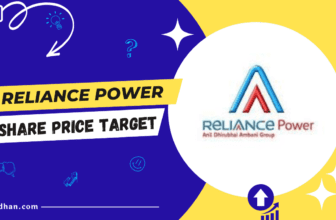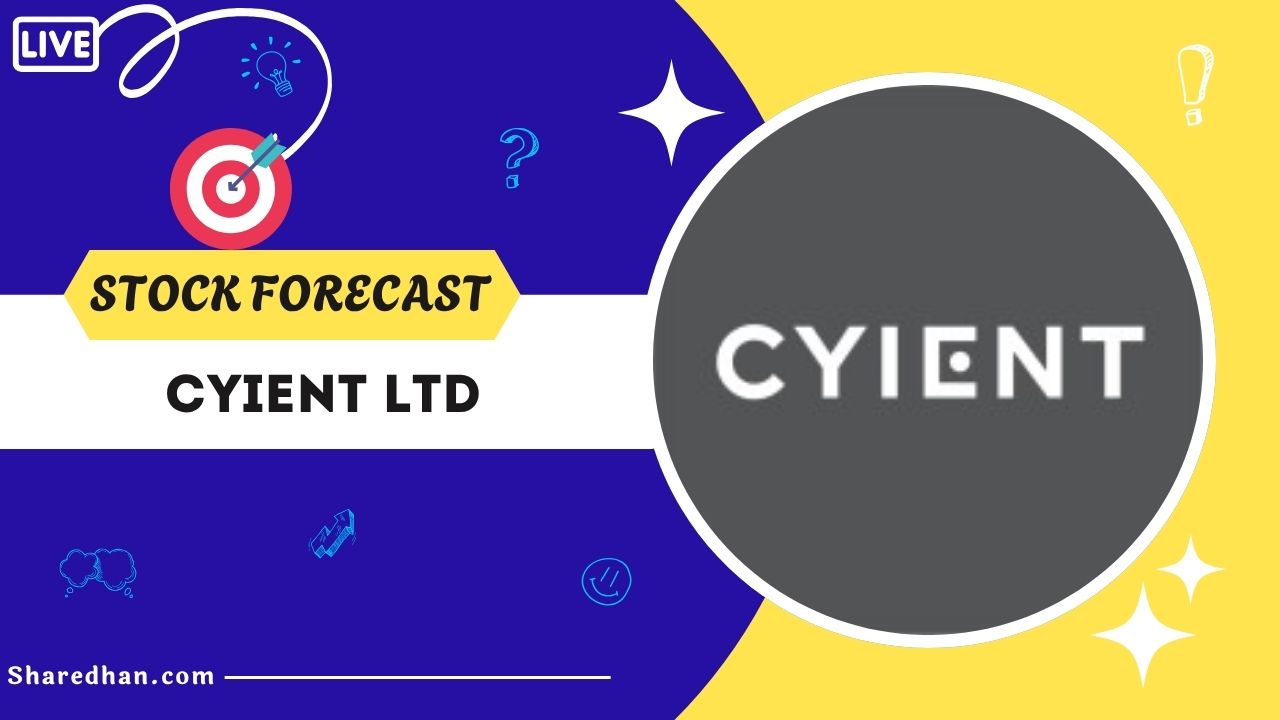Today, we are going to forecast the Yes Bank share price target 2025 to 2050 as part of a long-term prediction. Yes Bank is listed on the NSE under the symbol “YESBANK“ and on the BSE with the code “532648“.
Let’s analyze the future of Yes Bank shares as well, including whether it’s a good time to buy or sell them today. Additionally, we will also take into Analyst Recommendations for Yes Bank Share Price Target.
Yes Bank Share Price Today
About Yes Bank
Yes Bank is a private sector bank in India, started in 2004. It offers banking services like savings and current accounts, fixed deposits, loans, credit cards, and online banking. The bank also supports small businesses, big companies, and farmers with different financial services.
Yes Bank is known for its digital banking and customer-friendly services. It has many branches and ATMs across India. In 2020, the bank went through a financial crisis but was saved with support from the RBI and other big banks. Now, it is focusing on growth, trust, and better service for its customers.
Financial of Yes Bank
Analyst: Yes Bank Share Price Target 2025
Target high is the top price analysts expect and target low is the lowest. Target mean is the average price and target median is the middle value. Recommendation mean (usually 1 = strong buy, 5 = strong sell) shows average rating and recommendation key shows overall view like underperform. Analyst count means Total number of analysts who gave their opinion.
Find Share Price Target
Brokerage: Yes Bank Share Price Target
A good way to check the Yes Bank share price target is to read reports and analysis by trusted financial companies and brokers. They often give full details about the company performance, future growth, and market trends along with buy/sell advice and price targets.
| Date | Author | Target | Type |
|---|---|---|---|
| 30 Apr 2025 | Consensus | 16.36 | Sell |
Yes Bank Share Price Target 2025
The stock report shows a current share price of ₹17.72 with an analyst target of ₹16.36, suggesting a slight downside due to the “SELL” recommendation. This could be because of short-term challenges like competition or market volatility. The minimum target of ₹16.00 reflects this cautious view. However, YES Bank’s strong durability score (80/100) and affordable valuation (65/100) mean it could still attract investors, pushing the price to ₹19.00 in a best-case scenario if market sentiment improves or the bank reports strong quarterly results.
Yes Bank Share Price Target 2030
By 2030, YES Bank should benefit from India’s growing banking sector, with more people using digital banking and loans. The bank’s high financial strength and low debt (as per the durability score) will help it grow steadily. Assuming a conservative CAGR of 8%, the share price could reach ₹25.00. If YES Bank expands its customer base and improves profitability faster than expected (optimistic CAGR of 15%), the price could hit ₹35.00. Risks like regulatory changes or economic slowdowns are factored into the minimum target.
Yes Bank Share Price Target 2035
Over the next decade, YES Bank is likely to strengthen its position as a major private bank in India. Its focus on retail banking and digital services should drive growth, especially with India’s young population and rising incomes. A conservative CAGR of 10% from 2030 levels gives a minimum target of ₹40.00, accounting for potential challenges like competition from bigger banks. In an optimistic scenario (CAGR of 18%), if YES Bank captures more market share and maintains strong financials, the share price could reach ₹65.00.
Yes Bank Share Price Target 2040
By 2040, YES Bank should be a well-established player in India’s banking sector, with a solid customer base and diversified services. The bank’s ability to manage debt and grow profits (as shown in the durability trend) will support steady growth. A conservative CAGR of 12% from 2035 levels leads to a minimum target of ₹70.00, considering risks like technological disruptions or economic cycles. In a best-case scenario (CAGR of 20%), if YES Bank leverages AI, fintech, and global opportunities, the share price could soar to ₹120.00.
Yes Bank Share Price Target 2050
Looking 25 years ahead, YES Bank could be a leader in India’s banking industry if it continues its strong financial performance and adapts to future trends like green banking or blockchain. A conservative CAGR of 10% from 2040 levels gives a minimum target of ₹150.00, factoring in long-term uncertainties like regulatory shifts or global economic changes. In an optimistic scenario (CAGR of 18%), if YES Bank becomes a top-tier bank with strong brand value and international presence, the share price could reach ₹300.00.
| Year | Minimum Target (₹) | Maximum Target (₹) |
|---|---|---|
| 2025 | 16.00 | 19.00 |
| 2030 | 25.00 | 35.00 |
| 2035 | 40.00 | 65.00 |
| 2040 | 70.00 | 120.00 |
| 2050 | 150.00 | 300.00 |
To stay updated with the latest information related to the stock market and receive live stock market updates, follow Sharedhan and stay connected with us.
Disclaimer: I would like to remind you that I am not authorized by SEBI to provide any financial advice or recommendations. The Yes Bank share price targets are shared for informational purposes only. This does not count as a recommendation to buy, sell or hold the stock. Investors should do their own research, analysis and consult financial experts before making any investment decisions. — Sharedhan







